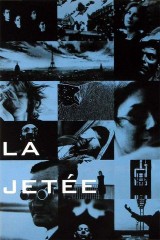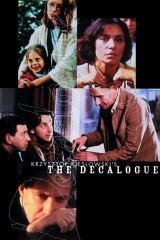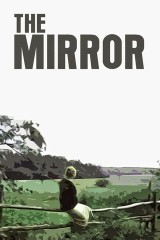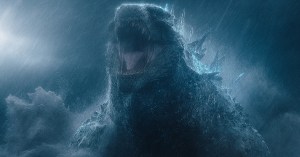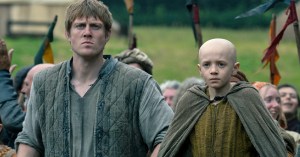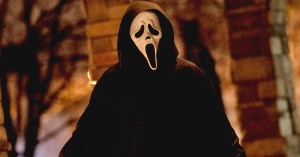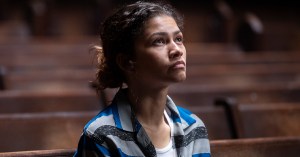Tarsem Singh’s Five Favorite Films
Self/less Director Discusses the Films that Have Inspired Him

Self/less director Tarsem Singh is no stranger to epic films. Having begun as a successful music video and commercial director (R.E.M.’s “Losing My Religion,” En Vogue’s “Hold On,” and the “We Will Rock You” Pepsi campaign), Singh’s eye for visual splendor embarked him on a film career made up of optical wonders like The Cell, The Fall, Immortals, and Mirror, Mirror. Self/less, starring Ryan Reynolds and Ben Kingsley, will follow suit this Friday. We wanted to know what films served as influences for his work, and we got his top five here:
Self/less opens in wide release on July 10.


